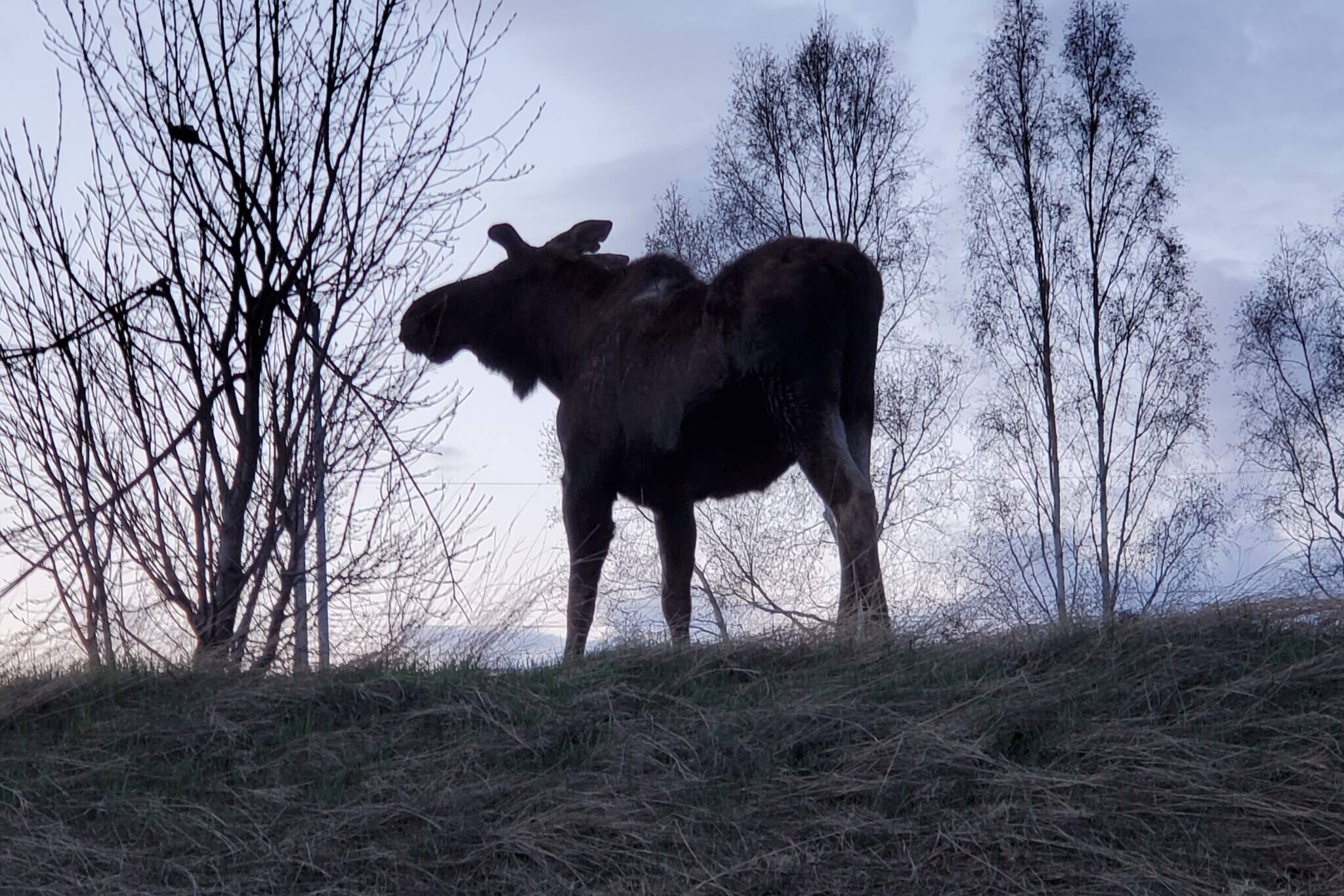This article has been corrected to note Patty Sullivan is a spokesperson for the Department of Law, not an attorney.
A federal judge in Anchorage has ruled that U.S. government officials did not overstep when they allowed an emergency hunt near the Southeast Alaska town of Kake during the first year of the COVID-19 pandemic.
The decision, published Friday by Judge Sharon Gleason, is the latest chapter in a long-running dispute between the state of Alaska and federal officials over who has the authority to regulate subsistence hunting and fishing on public lands in Alaska.
Gleason is also overseeing a separate but unrelated lawsuit by the federal government against the state of Alaska over management of Kuskokwim River subsistence salmon fishing, and the newly announced verdict could shed light on how Gleason interprets that case.
In Friday’s decision, Gleason concluded that the Federal Subsistence Board, FSB, was within its rights to open an emergency deer and moose hunt near Kake when the COVID-19 pandemic disrupted rural food supplies.
The hunt, which successfully distributed deer and moose meat to 135 households in Kake, was authorized under a section of the Alaska National Interest Lands Conservation Act, ANILCA, that requires federal land managers to prioritize subsistence hunting and fishing by rural residents.
Alaska’s constitution forbids treating rural and urban subsistence hunters differently, so the Alaska Department of Fish and Game filed suit in 2020.
Gleason previously declined to issue an order preventing other, similar hunts, and in 2021, she ruled that the issue was moot because the hunt had concluded.
But the state appealed to the 9th U.S. Circuit Court of Appeals, which ruled that Gleason should consider the merits of the issue because an emergency hunt could happen again.
That left Gleason to hear further arguments, leading to Friday’s decision.
At the heart of the issue, Gleason said, was the state’s contention that nothing in ANILCA gave the federal subsistence board the authority to open a hunt when the state had closed a season.
“The state maintains that it ‘cannot effectively manage wildlife populations if the federal government goes beyond what Congress authorized and continues to open seasons all the time,” Gleason wrote.
But Gleason noted that a federal regulation, in place for more than 30 years, allows the subsistence board to “‘immediately open or close public lands for the taking of fish and wildlife for subsistence uses’ in an emergency situation.”
That regulation is valid, Gleason said, because Congress specifically allowed the Secretaries of Interior and Agriculture to write regulations needed to enforce the parts of ANILCA that deal with hunting and fishing.
“The Court finds that the FSB did not exceed its statutory authority under Title VIII of ANILCA when it opened an emergency subsistence hunt for the Organized Village of Kake at the outset of the COVID-19 pandemic for public safety reasons, when it delegated the authority to open emergency hunts to local federal land managers, and when it delegated to the OVK the limited authority to choose who would participate in the emergency hunt for the benefit of the community of Kake and how the meat would be distributed,” she wrote.
The Alaska Department of Law, representing the Department of Fish and Game, has not decided whether to appeal Gleason’s verdict.
“We’re disappointed in Judge Gleason’s decision. We will continue to review and evaluate our options,” said Patty Sullivan, a spokesperson for the agency.
• James Brooks is a longtime Alaska reporter, having previously worked at the Anchorage Daily News, Juneau Empire, Kodiak Mirror and Fairbanks Daily News-Miner. This article originally appeared online at alaskabeacon.com. Alaska Beacon, an affiliate of States Newsroom, is an independent, nonpartisan news organization focused on connecting Alaskans to their state government.

